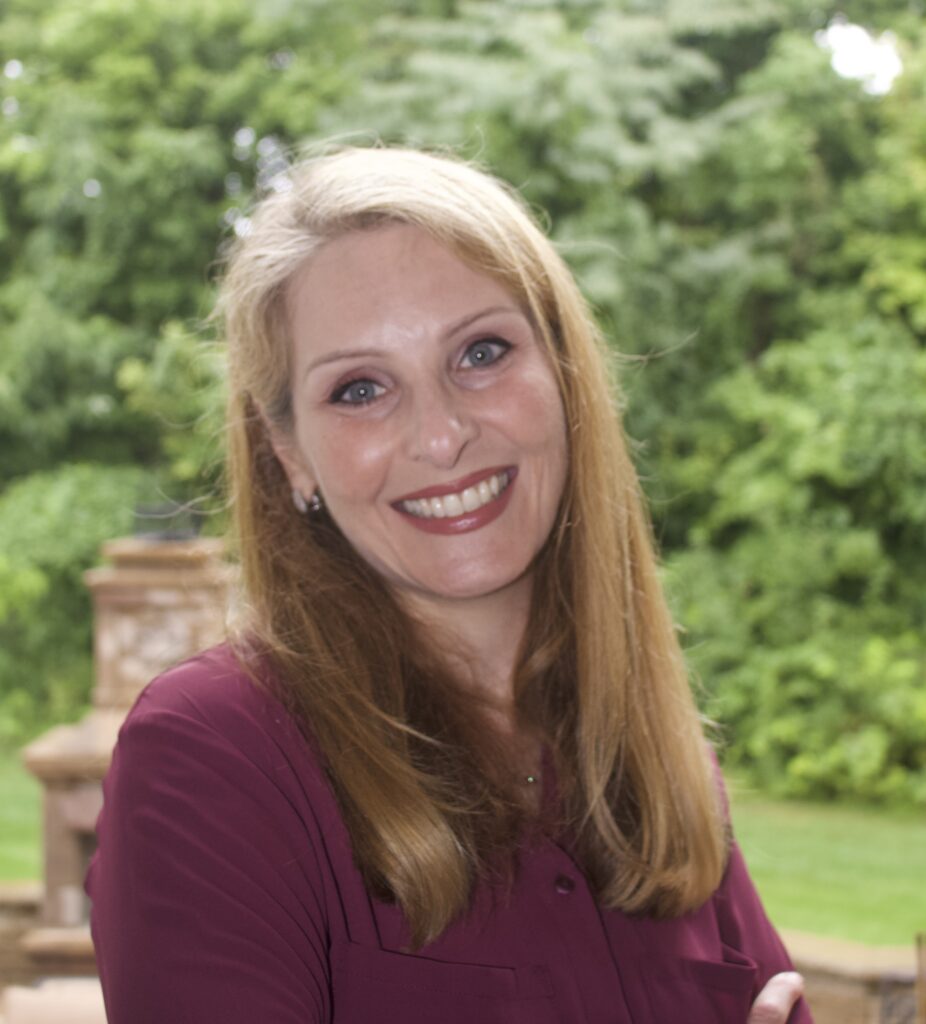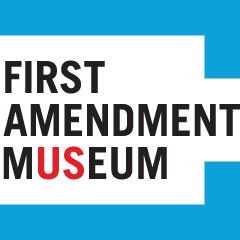Guest blogpost about 9/11 written by Muslim American Hiba Alami
I have three children. One thing I share with them is not a presence on Tik Tok, but the post 9/11 world. As a Muslim immigrant who arrived to the U.S. six months after 9/11, my experience was largely shaped by that terrorist attack and the way Muslims were perceived after that.
I don’t wear a headscarf. My fair complexion and blue eyes help me pass as a white American. This “white privilege” catches people off guard when they hear my accent. Suddenly, I’m the “Other.” Some people make a guess about my “origin” and others look perplexed, trying to piece together my identity and background. However, once I share that I come from a Muslim majority country and I work for a Muslim nonprofit, I leave very little to their imagination, and give them reasons to discriminate against me.
At a tender age, my children started questioning their place in the world and what it means to grow up as a Muslim in America. Although microaggressive comments and blatant bigotry continue to smear their adolescence, they remain loud and proud of their religious and cultural identity. They stand tall in the knowledge that their immigrant Muslim household brings them unique perspective and cultural wealth. They find themselves surviving in an exclusive ecosystem with fellow Muslim Americans, facing the same challenges and seeking similar opportunities.
In the last two decades, no matter where Muslim Americans lived or looked like, they felt alienated and persecuted. From the Bush-era Muslim immigrant registry to the Trump’s Muslim Travel Ban, such discriminatory policies implemented by the U.S. government exploited public fear to profile and spy on innocent people. It fueled Islamophobia, and incited a steady spike in hate crimes against Muslims. Over the past decade, half of Muslim Americans say they find it harder to be Muslim. In 2021, half of Muslim families in the U.S. report religion-based bullying, twice as likely as the general public.
Discriminatory policies should be rewritten to protect all Americans, no exceptions. To that end, countless Muslim organizations were formed over the last two decades to advocate for the equity, safety, and justice for all communities on the local and national levels. Muslim Americans increased their civic and political participation and rose to positions of power and influence on Capitol Hill, state capitols, the media and the big screen. In 2018 and 2020 elections, the number of Muslim Americans who ran for office was at all-time high and Muslim voters exercised their civic duty in record numbers. They continue to donate to charitable causes within their faith communities, and support domestic poverty alleviation efforts outside of their communities. They come from all walks of life, heavily contribute to the economy, and strive everyday to be perceived as an integral part of the social fabric.
The COVID-19 pandemic swept the world and brought unprecedented public health and economic challenges to all Americans. Nonetheless, Muslim Americans rolled their sleeves and stepped up to the challenge. Their response was overwhelmingly positive, marked by the hundreds of thousands of Muslim American heath care providers who were at the frontlines, risking their lives to save others. In New York City, one of the first COVID epicenters, 9% of medical doctors are Muslims, providing healthcare to more than 5 million patients. Since March 15, 2020, 631 acts of service were logged by Muslim communities across the nation to meet the pressing needs for food and economic security, mental health, safety equipment, and spiritual support, just to name a few.
As the nation commemorates the 20th anniversary of 9/11, we witness the patriotism of Muslim Americans being questioned time and again. But what does it mean to be American? Do all Americans need to look alike and worship the same way? And what makes some of them patriots and others not?

Hiba Alami is the Executive Director of the Indiana Muslim Advocacy Network. She is a mother, wife and an active Muslim community member in Central Indiana.
The opinions stated in this blog are Hiba’s own and do not necessarily reflect the views of the First Amendment Museum.

